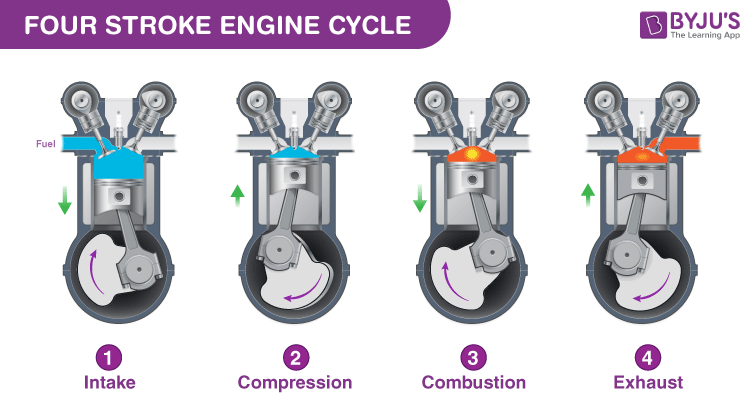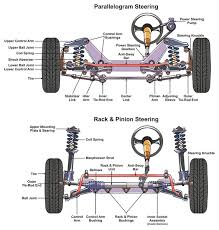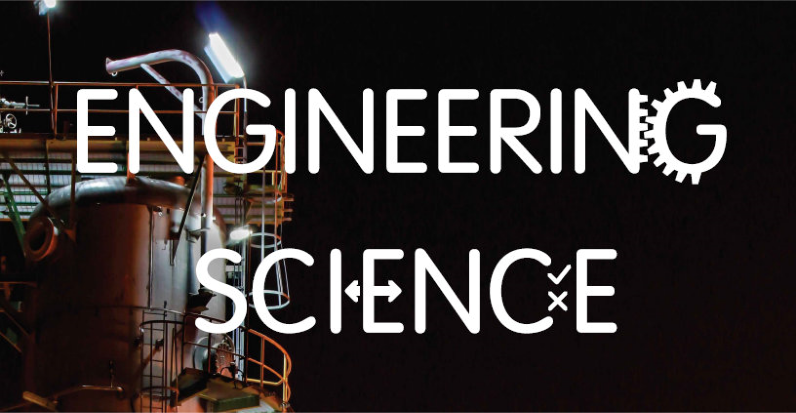
This qualification recognises people who have the competencies required to apply workplace safety fundamentals in automotive workshop, communicate effectively in an automotive workplace, demonstrate basic metal joining techniques used in automotive mechanics, demonstrate knowledge on fuels, lubricants and materials, perform basic metal work in automotive engineering, prepare and use bearings, seals, gaskets, sealants, adhesives and locking devises, use and maintain measuring equipment and hand tools in an automotive workplace, demonstrate knowledge of motor vehicle care, demonstrate knowledge of motor vehicle fundamentals, service wheels and tyres of a motor vehicle in an automotive mechanics workshop, remove and replace electrical/electronic units, repair engine cooling and vehicle oil lubrication systems; demonstrate knowledge; understanding of electrical fundamentals and prepare surfaces for spray painting and apply knowledge of basic mathematical and engineering science related to automotive mechanics. They further have a good understanding of providing basic first aid, demonstrating basic awareness of HIV and AIDS, demonstrating basic knowledge of workplace health and safety, applying basic entrepreneurship, applying knowledge of pre-basic mathematics in different context, applying knowledge of basic engineering science different context and applying knowledge of basic drawing different contexts.
This qualification leads vertically to National Vocational Certificate in Automotive Engineering (Vehicle Collision Repair and Spray Painting) (Level 3) and National Vocational Certificate in Automotive Engineering (Automotive Mechatronics) (Level 3).
- Trainer: Daniel Shikongo Haukongo

This qualification recognises people who have the competencies required to apply workplace
safety fundamentals in automotive workshop, communicate effectively in an automotive
workplace, demonstrate basic metal joining techniques used in automotive mechanics,
demonstrate knowledge on fuels, lubricants and materials, perform basic metal work in
automotive engineering, prepare and use bearings, seals, gaskets, sealants, adhesives and
locking devises, use and maintain measuring equipment and hand tools in an automotive
workplace, demonstrate knowledge of motor vehicle care, demonstrate knowledge of motor
vehicle fundamentals, service wheels and tyres of a motor vehicle in an automotive
mechanics workshop, remove and replace electrical/electronic units, repair engine cooling
and vehicle oil lubrication systems; demonstrate knowledge; understanding of electrical
fundamentals and prepare surfaces for spray painting and apply knowledge of basic
mathematical and engineering science related to automotive mechanics. They further have a
good understanding of providing basic first aid, demonstrating basic awareness of HIV and
AIDS, demonstrating basic knowledge of workplace health and safety, applying basic
entrepreneurship, applying knowledge of pre-basic mathematics in different context,
applying knowledge of basic engineering science different context and applying knowledge
of basic drawing different contexts.
- Trainer: Edna Simasiku

This course is intended for those who repair steering systems and wheels. People credited with this course are able to describe basic principles of steering systems, describe steering system components, describe power assisted steering systems, describe four wheel steering systems, maintain steering systems, replace
steering system components, describe wheel construction and applications, and conduct wheel balancing.
- Trainer: Benhiriua Mbingeneeko

This unit standard specifies the outcomes required to apply basic entrepreneurship skills. It includes basic knowledge of characteristics of an entrepreneur, basic skills required to generate a business idea, basic market research skills, skills to determine costs and prices in a manufacturing business and application of creativity to develop a business identity. This unit standard is intended for people requiring basic entrepreneurship skills required to run a small scale business.

Barthromeus Shileka
An Automotive Mechanic is a mechanic who services and repairs automobiles, sometimes specializing in one or more automobile brands or sometimes working with any brand. In fixing cars, their main role is to diagnose and repair the problem accurately and quickly. Seasoned auto repair shops start with a (Digital) Inspection to determine the vehicle conditions, independent of the customers concern. Based on the concern, the inspection results and preventative maintenance needs, the mechanic/technician returns the findings to the service advisor who then gets approval for any or all of the proposed work. The approved work will be assigned to the mechanic on a work order. Their work may involve the repair of a specific part or the replacement of one or more parts as assemblies. Basic vehicle maintenance is a fundamental part of a mechanic's work in modern industrialized countries, while in others they are only consulted when a vehicle is already showing signs of malfunction.
